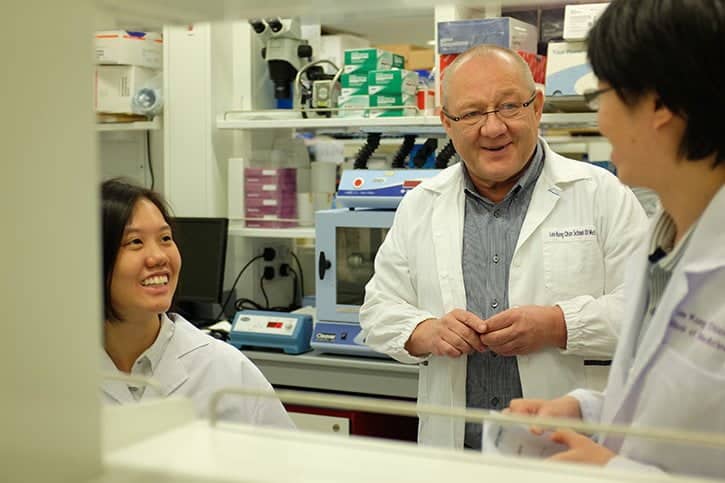Microorganisms living in the gut can alter the aging process. The discovery could lead to the development of food-based treatments to slow it down and increase longevity.
An NTU Singapore team has developed an important longevity study that has one key element: butyrate. Using mice, the team led by Professor Sven Pettersson NTU Lee Kong Chian School of Medicine transplanted intestinal microbes from old mice (24 months) to young and germ-free mice (6 weeks). After eight weeks, the young mice had increased intestinal growth and neurogenesis, which is the production of neurons in the brain.
The team demonstrated that the increase in neurogenesis is due to an increase in gut microbes that produce a specific short-chain fatty acid, called butyrate.
Butyrate and its role in the production of longevity
Butyrate is produced through the microbial fermentation of dietary fibers in the lower intestinal tract and stimulates the production of a longevity hormone called FGF21, which plays an important role in regulating the body's energy and metabolism. As we age, butyrate production is reduced.
The study was published in the journal on November 13th Science Translational Medicine and was undertaken by researchers from Singapore, the United Kingdom and Australia.
According to the study leader Sven Petterson, Ph.D. “These are surprising and very interesting results, especially because we can imitate the neurostimulatory effect using only butyrate. Now we will try to understand whether butyrate can support repair and reconstruction in situations such as stroke, spinal damage, and above all whether it can slow aging and cognitive decline."

These findings are exciting and raise many new open questions for both the biology of aging and microbiome research.


